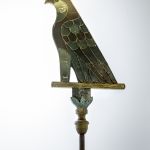
26 July – 30 August
Herbert von Karajan set a further accent in the Verdi repertoire: for the first time, in 1979, Verdi’s Aida was on the programme of the Salzburg Festival.

26 July – 31 August
The new production of Mozart’s Die Zauberflöte in the Felsenreitschule/Summer Riding School, headed by James Levine and Jean-Pierre Ponnelle, turned out to be a sensation.
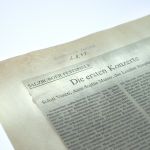
24 July – 30 August
One of Herbert von Karajan’s great aspirations was to promote young talents. Artists like Anne-Sophie Mutter, Agnes Baltsa, Mariss Jansons, Seiji Ozawa and Riccardo Muti owed much to him for the great boost he gave their careers.
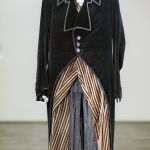
25 July – 30 August
Nestroy’s Der Talisman directed by Otto Schenk, set and costumes by Jürgen Rose and with a brilliant cast – Helmuth Lohner as Titus Feuerfuchs, Vilma Degischer, Dolores Schmidinger, Senta Wengraf, Christiane Hörbiger, Heinrich Schweiger and others – was a resounding success with the public.
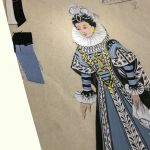
26 July – 30 August
Herbert von Karajan had already brought out Verdi’s Don Carlo at the Salzburg Festival in 1958, then directed by Gustaf Gründgens.
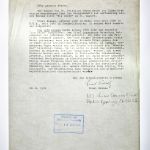
26 July – 30 August
In 1969, chief press officer Hans Widrich had motivated Otto Sertl, head of music at ORF (Austrian Broadcasting Corporation), to join the Festival with the newly-founded ORF Radio Symphony Orchestra.
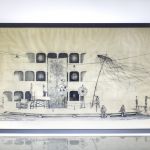
26 July – 30 August
In 1965, Giorgio Strehler had made his début at the Festival with his acclaimed Entführung aus dem Serail/Abduction from the Seraglio. The production remained in the repertoire until the mid-1970s. In 1972, Strehler, at Karajan’s wish, was nominated as consultant.

26 July – 30 August
Straight drama experienced a boom at the Festival in the 1970s, with a focus on contemporary Austrian drama. With Der Ignorant und der Wahnsinnige, a series of ground-breaking Thomas Bernhard premières was started in 1972 – primarily through Claus Peymann – and that with a genuine scandal at the kick-off.
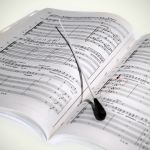
25 July – 30 August
In 1971, Riccardo Muti celebrated not only his début at the Salzburg Festival and on the rostrum of the Vienna Philharmonic Orchestra with Gaetano Donizetti’s Don Pasquale, but also his international breakthrough as an opera conductor.
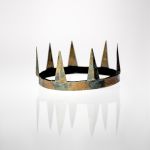
26 July – 30 August
Oskar Werner directed Shakespeare’s Hamlet at the Landestheater/State Theatre, playing the title role himself at the head of a prominent cast including Ewald Balser, Fred Liewehr, Achim Benning, Matthias Fuchs, Peter Matić, Karl-Heinz Windhorst and Christiane Schröder.
26 July – 30 August
Straight drama experienced a boom at the Festival in the 1970s, with a focus on contemporary Austrian drama. With Der Ignorant und der Wahnsinnige, a series of ground-breaking Thomas Bernhard premières was started in 1972 – primarily through Claus Peymann – and that with a genuine scandal at the kick-off.
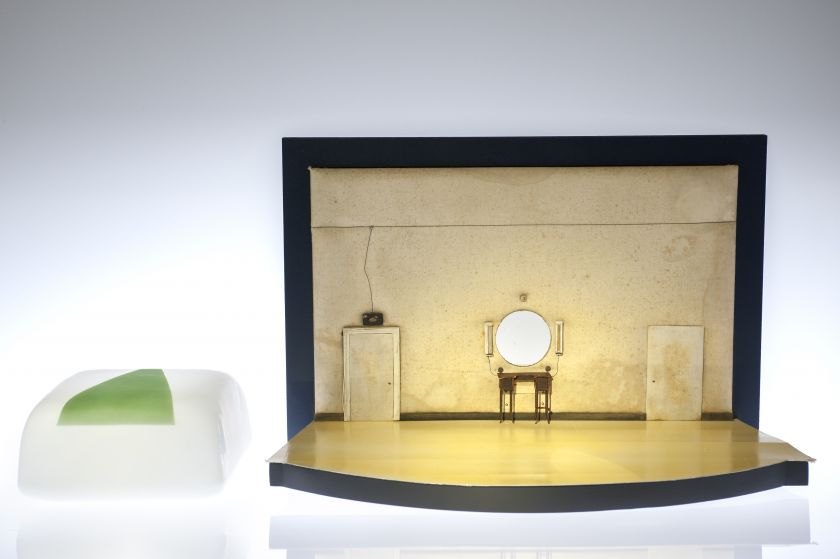
At the end of the play on the first night, the emergency lighting was not switched off, going against the wishes of the directing team, which led to fisticuffs. On 2 August, Bernhard telegraphed: ‘A society that cannot tolerate two minutes’ darkness can exist without my play’ – shortly afterwards all further performances of the production were cancelled.
One day before the scandal-ridden Bernhard première, on 28 July, Dieter Forte’s adaptation of Jakob Bidermann’s Cenodoxus at the Felsenreitschule/Summer Riding School was the second play to be given its world première. Director Werner Düggelin had recommended the Jesuit drama as alternative to Jedermann/Everyman. In Jean Tinguely an important contemporary artist was engaged for the set.
